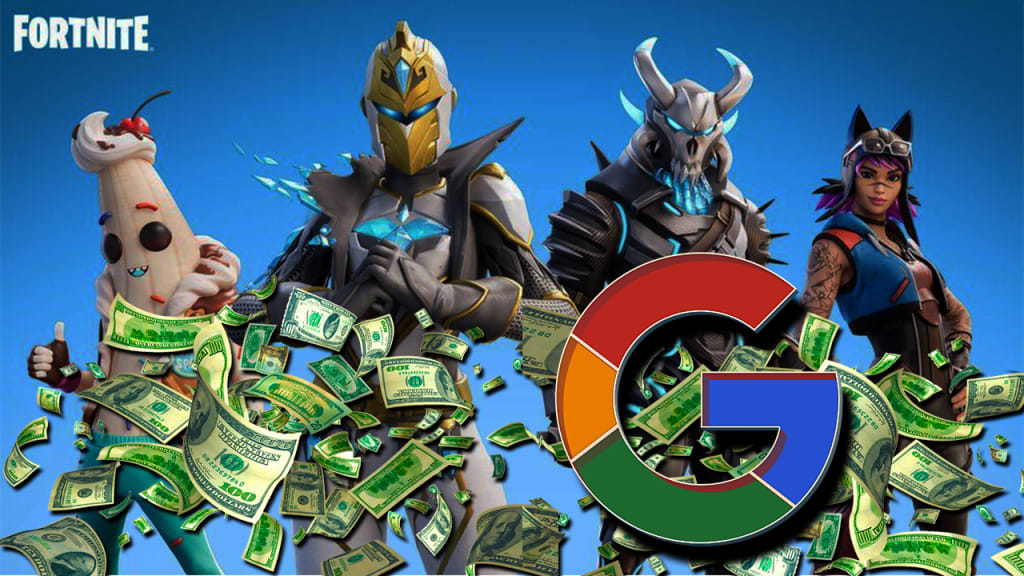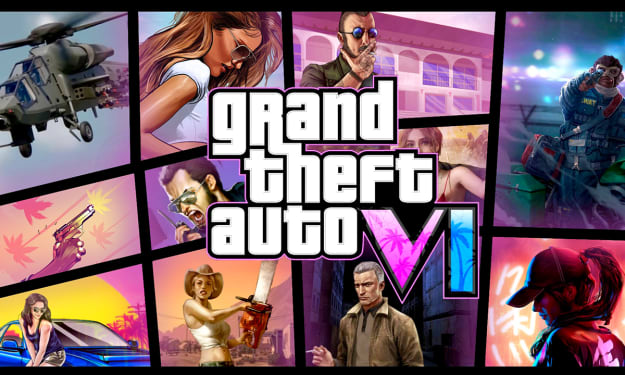
In 2018, Google extended a substantial $147 million offer to Epic Games with the aim of bringing Fortnite to the Play Store. However, Epic turned down the proposal. Despite this initial refusal, Epic eventually decided to release Fortnite on the Play Store in April 2020.
In a surprising turn of events, Google has made amends with Epic Games, extending an olive branch by allowing Fortnite to return to the Play Store. The longstanding dispute between these tech giants, rooted in disagreements over revenue sharing and policy breaches, appears to be reaching a resolution as both sides acknowledge the advantages of finding common ground.
This move, however, led to repercussions as Fortnite was banned from the Play Store in August 2020. The ban was a result of Epic's strategy to bypass Google's payment framework, prompting the tech giant to take action. Subsequently, Epic initiated an antitrust lawsuit against Google, and the ongoing trial has brought forth interesting revelations, such as the significant monetary offer made by Google to bring Fortnite onto the Play Store.
Background
The feud between Google and Epic Games began in 2018 when Epic Games opted to distribute Fortnite directly to Android users, circumventing the Google Play Store. This strategic move was driven by Epic's desire to avoid the 30% commission fee imposed by the Play Store on in-app purchases. The decision triggered a controversy that not only underscored ongoing tensions over app store policies but also highlighted the growing influence of major game developers in shaping the digital distribution landscape.
The Clash of Titans
The conflict between Google and Epic Games epitomizes the broader debate surrounding app store fees and policies. Epic Games, renowned for the immensely popular Fortnite game, took a bold stance by challenging the traditional app store model, seeking to maximize profits and maintain greater control over distribution channels by bypassing the Play Store.
In defense of its revenue-sharing model, Google argued that the fees contribute to the infrastructure and services that make the Play Store a secure and user-friendly platform for developers and users alike. This clash underscored the tension between developers seeking increased control and profits and platform owners striving to sustain a viable ecosystem.
The Olive Branch
In a surprising twist, Google has opted for reconciliation by inviting Fortnite back to the Play Store. This move signals Google's willingness to reevaluate its policies and work towards a compromise benefiting both parties. Although the specific terms of the agreement remain undisclosed, it is evident that Google recognizes the significance of having Fortnite, one of the world's most popular games, available on its platform.
Mutual Benefits
The return of Fortnite to the Play Store proves advantageous for both Google and Epic Games. For Google, it means reclaiming a substantial title on its platform, potentially attracting more users and boosting in-app purchase revenue. It also sends a positive message to other developers, emphasizing Google's readiness to negotiate and adapt its policies.
For Epic Games, the return to the Play Store opens up a vast user base, facilitating easier access to millions of Android users. This move aligns with Epic's broader strategy of expanding Fortnite's reach and maintaining a robust presence across multiple platforms.
The reconciliation between Google and Epic Games regarding Fortnite's distribution on the Play Store marks a significant moment in the ongoing debate surrounding app store policies. It underscores the importance of finding common ground in a constantly evolving digital landscape. As the dust settles, the tech industry will closely observe how this resolution shapes future negotiations between major developers and platform owners. The Fortnite-Play Store saga serves as a reminder that even in the realm of digital giants, compromise and collaboration remain essential for the benefit of both creators and consumers.





Comments
There are no comments for this story
Be the first to respond and start the conversation.